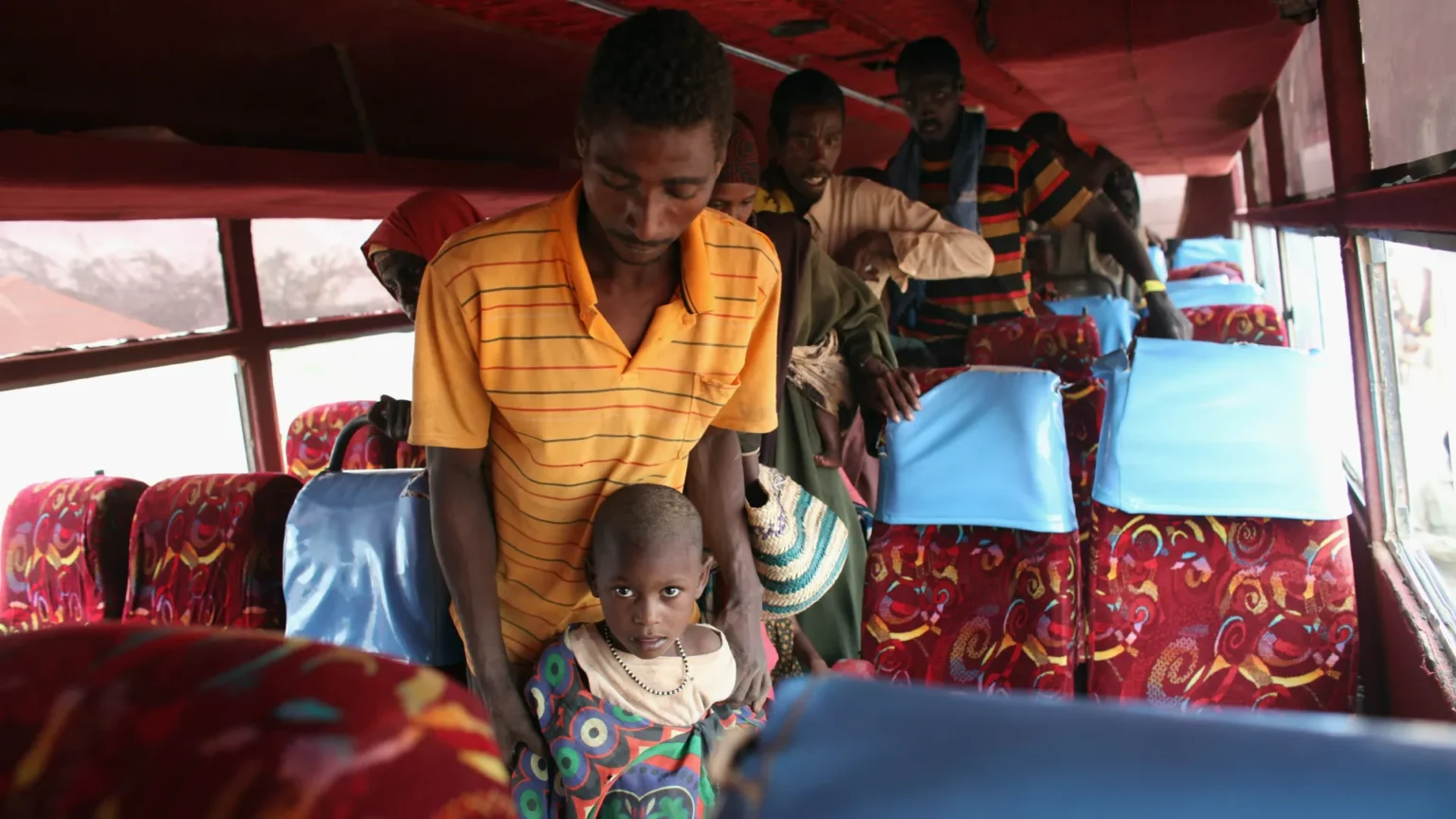When Kenyan women leave home to work overseas as domestic workers, they often dream of better lives for their families. Many travel to countries in the Middle East, like Saudi Arabia, Qatar, and the United Arab Emirates, where they hope to earn money cleaning homes, cooking, and taking care of children. But for many, these dreams quickly turn into nightmares.
Over the years, there have been numerous stories of abuse—physical, emotional, and even sexual—suffered by Kenyan domestic workers in foreign countries. Employers in some regions are accused of treating workers like property, denying them food, sleep, pay, and basic human rights. But now, an even more disturbing reality has surfaced—one that involves Kenya’s own embassy officials.
According to firsthand accounts, several Kenyan women who fled abusive employers and sought help at Kenyan embassies overseas say they were met with further exploitation. These women, already traumatized and in desperate need of help, claim that instead of receiving support, they were offered assistance only in exchange for sex.
From Helpers to Victims
One Kenyan woman, who had worked in Saudi Arabia for nearly a year, said her employer often beat her and refused to pay her salary. When she finally managed to escape and reach the Kenyan embassy, she thought she was safe. But what happened next shocked her even more. An embassy staff member, she said, hinted that he could help her get home—but only if she “cooperated” with him sexually.
Sadly, her experience is not unique. Multiple women have come forward with similar testimonies, painting a grim picture of life not only in employers’ homes but also in supposed places of safety like embassies. These are institutions meant to protect citizens abroad, not prey on them.

For many of these women, embassy officials were the last hope. Some had gone without pay for months, others had been physically assaulted or locked in homes. Reaching the embassy is often extremely difficult, and once they finally get there, they expect care and rescue—not exploitation.
A Deep Betrayal of Trust
The alleged abuse by embassy workers is not only criminal—it is a betrayal of trust on the deepest level. These diplomats are supposed to represent the Kenyan government and protect its people. Instead, they are accused of using their power over vulnerable women to demand sexual favors.
The issue here is not just individual misconduct. It points to a deeper systemic problem: the lack of oversight and accountability in foreign missions, especially when it comes to how domestic workers are treated.
Experts say there’s an urgent need to look into how embassies handle cases of distressed migrant workers. Are there proper reporting channels? Are female workers in distress given female staff to speak with? Is anyone tracking whether victims are truly getting help?
Kenya’s Government Responds
Following the growing outcry, the Kenyan government has acknowledged the seriousness of the allegations. Officials say they are launching investigations into the misconduct of diplomatic staff accused of taking advantage of vulnerable women.
The Ministry of Foreign Affairs has promised to take “decisive action” against any embassy official found guilty of abusing their position. But many human rights activists say the government’s response must go beyond promises.
They are calling for urgent reforms. First, the government must ensure that all embassies have trained personnel who understand gender-based violence and can offer psychological support. Second, every embassy should have clear systems for reporting abuse—even abuse coming from within the embassy itself. Third, diplomats accused of misconduct should be immediately suspended and investigated thoroughly.
Human Rights Groups Demand Change
Several human rights organizations have condemned the alleged exploitation of Kenyan domestic workers abroad. They say this is not only a Kenyan problem but a global one, as many migrant workers from developing countries face similar treatment.
According to international labor groups, migrant domestic workers are among the most vulnerable laborers in the world. They often live in isolation, have no legal protection in host countries, and face difficulties accessing justice. Many don’t speak the local language, making it even harder to report abuse.
Human rights defenders are urging countries like Kenya to sign and enforce international agreements that protect migrant workers. They also call on host countries to monitor employers more closely and hold abusive ones accountable.
Most importantly, organizations want to ensure that embassies are places of safety. These are not just offices—they are lifelines for many workers stuck in abusive situations far from home.
The Mental Toll on Survivors
While governments debate policies and launch investigations, the survivors continue to suffer in silence. Many of these women return to Kenya traumatized, shamed, and broke. They face judgment from their communities and struggle with deep psychological scars.
Some feel ashamed to speak up, especially when the abuser was an embassy official. They fear no one will believe them or that speaking out will only bring more pain. Others say they regret ever going abroad, even though poverty forced them to leave in the first place.
There is a need for stronger reintegration programs for returnees. Survivors should receive counseling, medical help, and financial support to rebuild their lives. They also need safe spaces to share their stories and seek justice without fear.
Moving Forward: From Exploitation to Protection
This scandal has opened a painful but necessary conversation about how Kenya protects its people overseas—especially women who travel abroad in search of a better future. While embassy officials are meant to be the first line of defense, they must also be the first to face consequences if they become abusers.
The Kenyan government must act quickly and transparently. Citizens must know that abuse—even within government offices—will not be tolerated. This is a moment for truth, justice, and reform.
For the brave women who spoke out despite the shame and fear, their stories are not just cries for help—they are calls for change.


